The Settlers
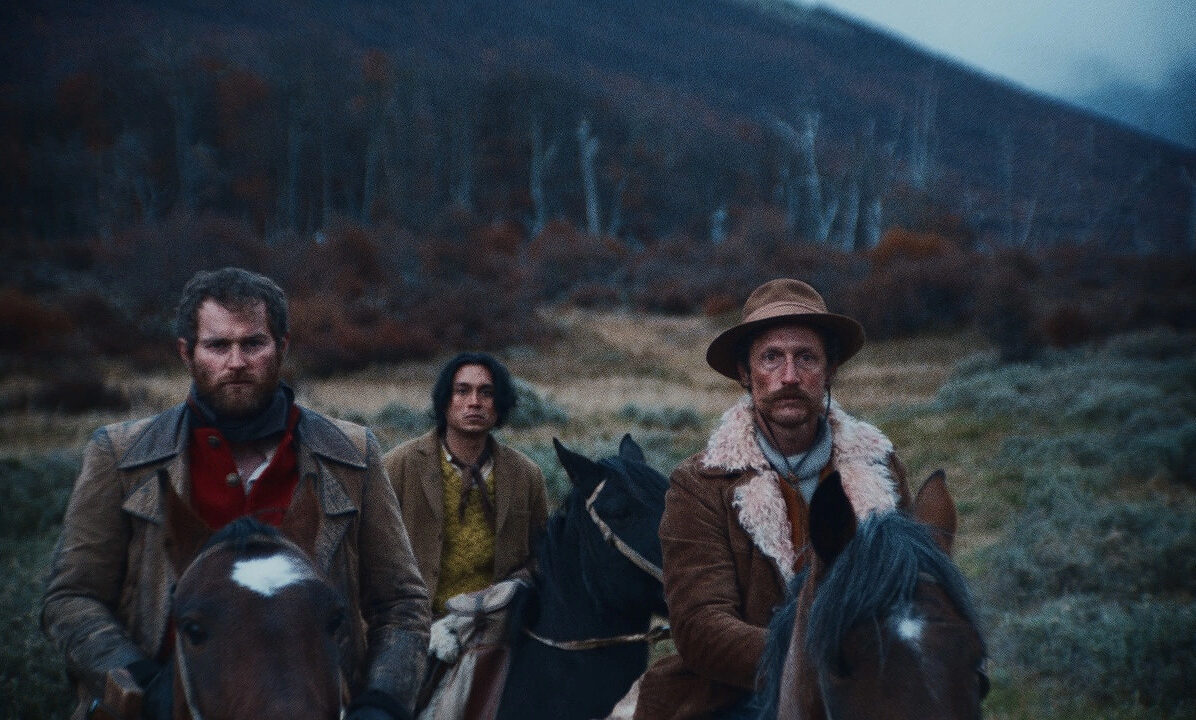
The Settlers is an extremely brutal and thought-provoking piece by Felipe Gálvez that dives deep into the continuous decimation of Indigenous tribes in the late 19th century into the early 20th century. It follows Alexander MacLennan (Mark Stanley) – a Scot working under José Menéndez (Alfredo Castro), a Spanish businessman and sheep farmer – who traverses across Chile and Argentina. He and two men, Chilean Segundo (Camilo Arancibia) and American Bill (Benjamin Westfall), are ordered to cross José’s vast expanse of land and kill any Indigenous people along the way. The deaths are bloody and graphic, and Alexander and his men aggressively contest each other with their skewed idea of honour and differing takes on morality.
While maintaining a chronological recount of the events, Gálvez manages to split the film into four parts, each focusing on a different narrative point of view and character. The structure is cyclical, with the opening chapter regaling Alexander for his so-called “lieutenant” work in the British Army, and the last chapter aptly titled “Red Pig”, referring to the horrific atrocities Alexander and his men go on to commit against Indigenous people. This allows the movie to showcase the varying thoughts of everyone involved, even without much dialogue in the short 90-minute runtime. The script is instead steeped in animal imagery and colour symbolism. Instances include Segundo’s use of a black horse as opposed to the brown ones Alexander and Bill ride – as if to create a visual separation between him and the two Caucasian men – and lines like, “Wool stained in blood loses all value,” which is then followed up later alongside the credits with footage of sheep and herding in crimson filters.
Aside from the main theme of racism, the feature explores topics such as rape culture (not only perpetrated by men against women but also men against men), misogyny, hypocrisy in religion, the divide between labour work like farming and theoretical careers in law and science, and most overt of all, toxic masculinity. There are multiple examples of men in leadership positions and high financial status abusing their power. This is even more prominent in Alexander’s constant namedropping of his work for José as if it’s an intimidation tactic or a mark of his identity, and Bill calling him lieutenant and English, despite both not being in line with Alexander’s military position and country of origin. Alexander and his men also participate in bouts of competition with each other and other men to prove their sense of control and superiority, including in shooting, arm wrestling and boxing. All these violent acts, paired with explicit scenes of bodily fluids on display – blood and saliva – enhance the unsavoury attitudes and grotesque acts men commit just to prove themselves.
Gálvez displays a savage understanding of colonisation, racism and the lengths people in positions of power will go to for money and control, without taking away the individual agency and sense of morality in those who work below them: they are no longer just men following orders. Despite all the many themes the film touches on, it still manages to stay focused and nuanced, which is a great feat for The Settlers.
Mae Trumata
The Settlers is released in select cinemas on 9th February 2024.
Watch the trailer for The Settlers here:


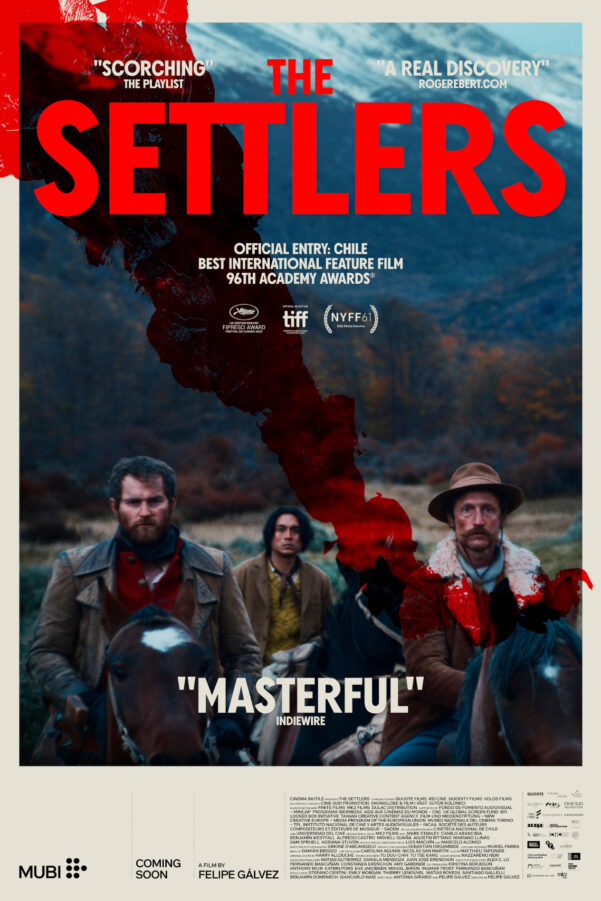
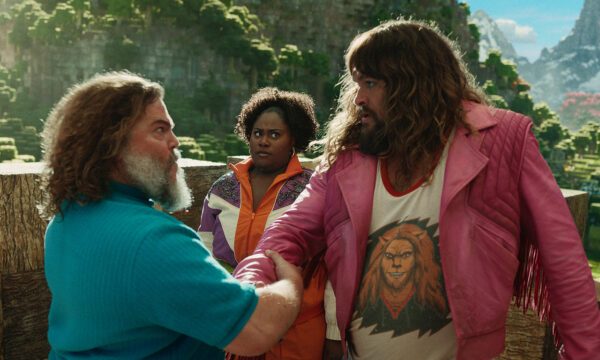




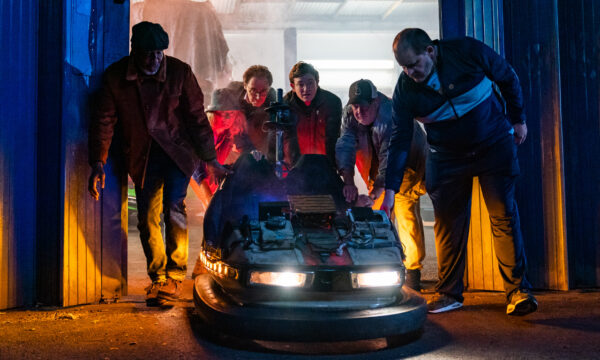
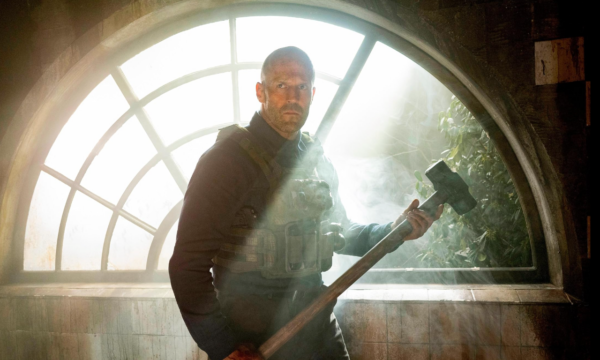
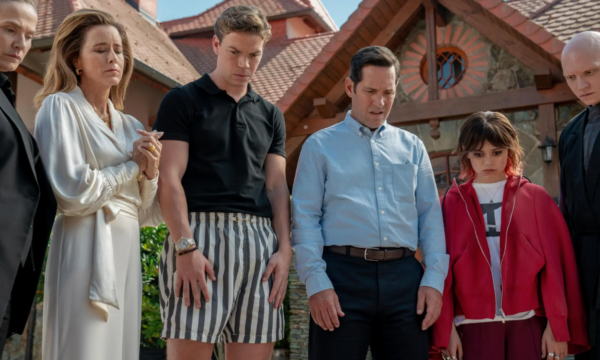









Facebook
Twitter
Instagram
YouTube
RSS